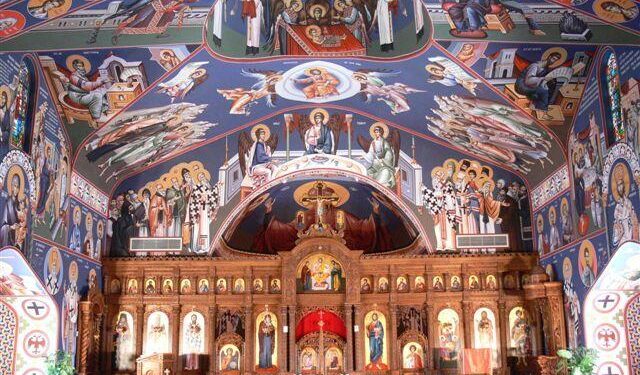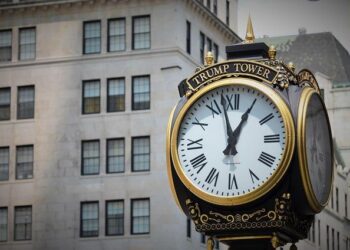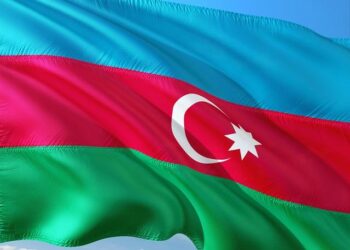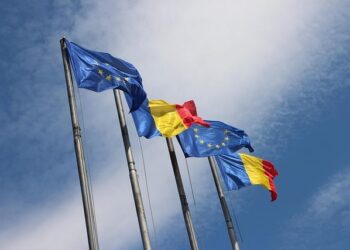The Serbian Orthodox Church has come under intense scrutiny for its outspoken support of the country’s authoritarian government, igniting a fierce debate over the role of religion in politics. As allegations of political interference and moral complicity mount, critics accuse the Church of aligning itself too closely with a regime accused of undermining democratic institutions and restricting civil liberties. This controversy raises pressing questions about the intersection of faith and power in Serbia’s turbulent political landscape.
Serbian Church Faces Backlash Over Support for Authoritarian Government
The Serbian Orthodox Church has recently found itself at the center of heated criticism following its public endorsement of the country’s increasingly authoritarian leadership. Critics argue that this alliance not only undermines the Church’s moral authority but also alienates a significant portion of the population that is advocating for democratic reforms and human rights. Civil society groups, opposition politicians, and independent media outlets have all voiced concern that the Church’s support emboldens actions such as media suppression, electoral manipulation, and shrinking civic freedoms.
Opponents of the Church’s stance emphasize several key issues associated with this controversial support:
- Complicity in Governance: By aligning with the regime, the Church is seen as legitimizing undemocratic policies.
- Polarization of Society: The endorsement exacerbates divisions within Serbian society, particularly between secular and religious communities.
- Impact on Church’s Legacy: Long-standing reverence for the institution risks being eroded by perceptions of partisanship.
- International Repercussions: Relations with Western institutions and human rights organizations are reportedly strained, impacting Serbia’s global image.
| Aspect | Criticism | Church’s Response |
|---|---|---|
| Political Alignment | Backing authoritarian policies undermines neutrality | Claims of upholding national unity and spiritual guidance |
| Public Trust | Decline in support among youth and civil activists | Appeals to tradition and historical role in nation-building |
| International Standing | Criticism from human rights and democracy watchdogs | Focus on internal affairs and sovereignty |
Impact of Religious Endorsement on Democratic Institutions and Civil Society
The Serbian Orthodox Church’s overt support for an increasingly authoritarian government has severely compromised its role as a neutral moral authority within the nation. By aligning itself with political power rather than advocating for democratic values, the Church risks eroding public trust in democratic institutions and undermining the foundations of civil society. This alliance has emboldened policies that restrict personal freedoms, silence dissent, and weaken the separation of powers essential to a functioning democracy.
Key consequences observed include:
- Reduction in institutional checks and balances
- Restricted space for independent media and civil advocacy groups
- Increased polarization along religious and political lines
- Questioning of the Church’s commitment to social justice and human rights
| Institution | Impact of Endorsement | Long-term Risks |
|---|---|---|
| Judiciary | Political interference tolerated | Loss of impartiality |
| Media | Suppression of critical voices | Decline in accountability |
| Civil Society | Marginalization of NGOs | Fragmentation of public debate |
Calls for Greater Transparency and Separation Between Church and State in Serbia
In the wake of growing controversy surrounding the Serbian Orthodox Church’s explicit support for the increasingly authoritarian government, civil society groups and political analysts have ramped up their demands for clearer boundaries between religious institutions and state governance. Critics argue that the Church’s entanglement in political affairs not only undermines democratic processes but also jeopardizes the rights of religious minorities and secular citizens alike. Calls for enhanced transparency stress the importance of publicly accessible records on Church-state collaborations, funding, and decision-making roles, highlighting a pressing need for institutional accountability in one of the Balkans’ most influential religious bodies.
This push for reform is underscored by a coalition of activists, scholars, and opposition politicians who emphasize that the symbiotic relationship between Church and state in Serbia has historically blurred lines that should otherwise safeguard democratic freedoms. Their demands include:
- Mandatory disclosure of all Church-related state expenditures
- Legislative reforms to enforce separation of powers where religious leaders hold no political office
- Educational campaigns promoting secularism and religious pluralism
By advocating for these measures, stakeholders seek to foster an environment where governance is conducted free from ecclesiastical influence, ensuring a more inclusive and democratic Serbia.
| Stakeholder | Main Concern | Proposed Action |
|---|---|---|
| Civil Society | Opaque Church-State finances | Transparency laws |
| Opposition Politicians | Religious overreach in politics | Separation of powers |
| Academics | Lack of secular education | Awareness campaigns |
Future Outlook
As the controversy surrounding the Serbian Orthodox Church’s support for the current regime continues to unfold, questions about the institution’s role in shaping political discourse remain at the forefront. Critics argue that the Church’s alignment with authoritarian leadership undermines its spiritual mission and threatens democratic values in Serbia. Meanwhile, supporters maintain that the Church is defending national identity amid complex geopolitical challenges. How this delicate balance will evolve remains to be seen, but the ongoing debate underscores the critical intersection of religion and politics in the region.
















